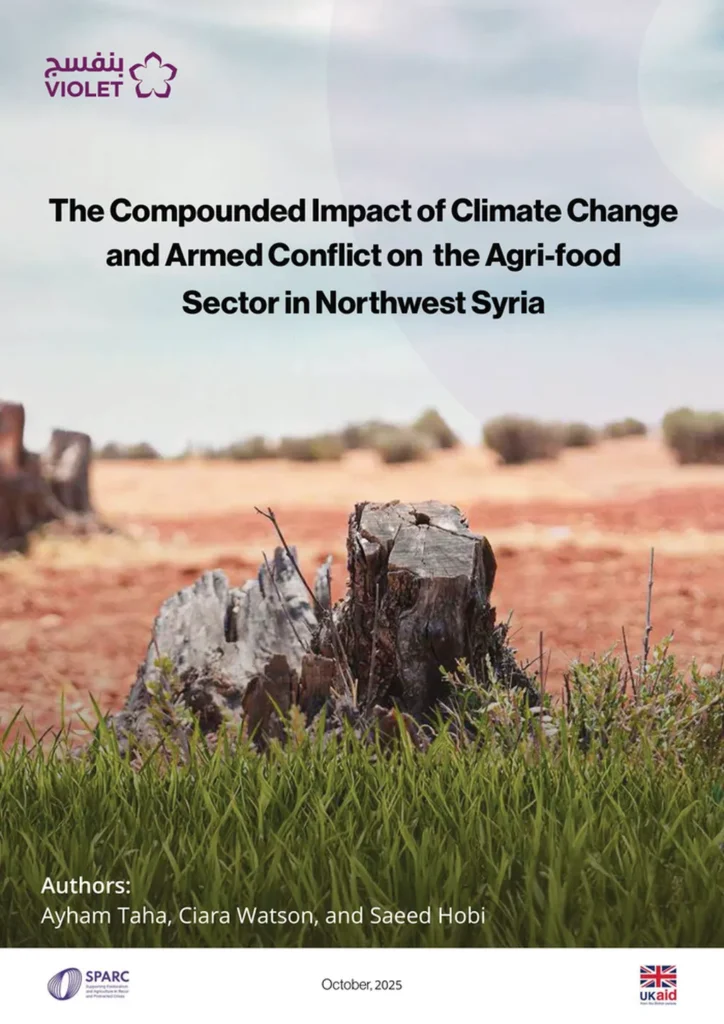In the war-torn region of Northwest Syria (NWS), smallholder farmers are grappling with a silent yet potent adversary: climate change. A recent study published in the *International Journal of Climate Change Strategies and Management* sheds light on the severe impacts of shifting climatic patterns on these farmers’ livelihoods and the urgent need for climate-smart agriculture (CSA) practices. Led by Safwan Abdulghani Alhaiek from the Department of Soil and Natural Resource at the Syrian General Commission for Scientific Agricultural Research (GCSAR) and Council for At-Risk Academics, the research offers a stark reminder of the intersection between conflict, climate change, and agricultural resilience.
The study reveals a troubling trend: over the past 44 years, NWS has experienced a significant reduction in precipitation—approximately 20 mm per decade—and a concurrent increase in temperature by 0.5°C per decade. These changes have exacerbated water scarcity and agricultural losses, directly impacting the economic stability of smallholder farmers. “The economic impacts are severe,” notes Alhaiek. “Crop losses and reduced employment opportunities, particularly for women, are diminishing social solidarity and pushing communities to the brink.”
The research highlights a critical gap in knowledge about CSA among farmers, who are largely unaware of its objectives and benefits. CSA practices, which integrate sustainable agricultural techniques to increase productivity, resilience, and adaptability, could be a game-changer for these communities. However, the study identifies several obstacles to implementing CSA in NWS, including a lack of supportive policies due to the ongoing conflict, limited access to climate-resilient technologies, and insufficient communication channels.
The commercial impacts of these findings are profound. The agricultural sector in NWS, already strained by conflict, faces further destabilization due to climate change. The study underscores the urgent need for policies and programs that raise awareness about climate change and promote CSA practices. “There is an urgent need to raise awareness of climate change and CSA practices,” Alhaiek emphasizes. “Additional studies and related policies are crucial for supporting these communities.”
This research is a call to action for policymakers, agricultural extension services, and international organizations to prioritize climate-focused interventions in conflict zones. By addressing the gaps in knowledge and infrastructure, the agricultural sector in NWS can build resilience against climate change, ensuring food security and economic stability for smallholder farmers.
The study’s findings could shape future developments in the field by emphasizing the importance of integrating climate data with local knowledge. This approach not only provides a more comprehensive understanding of climate impacts but also highlights the need for tailored solutions that consider the unique challenges faced by farmers in conflict-affected regions. As the world grapples with the broader implications of climate change, the lessons from NWS offer valuable insights into the resilience and adaptability of smallholder farmers in the face of adversity.

